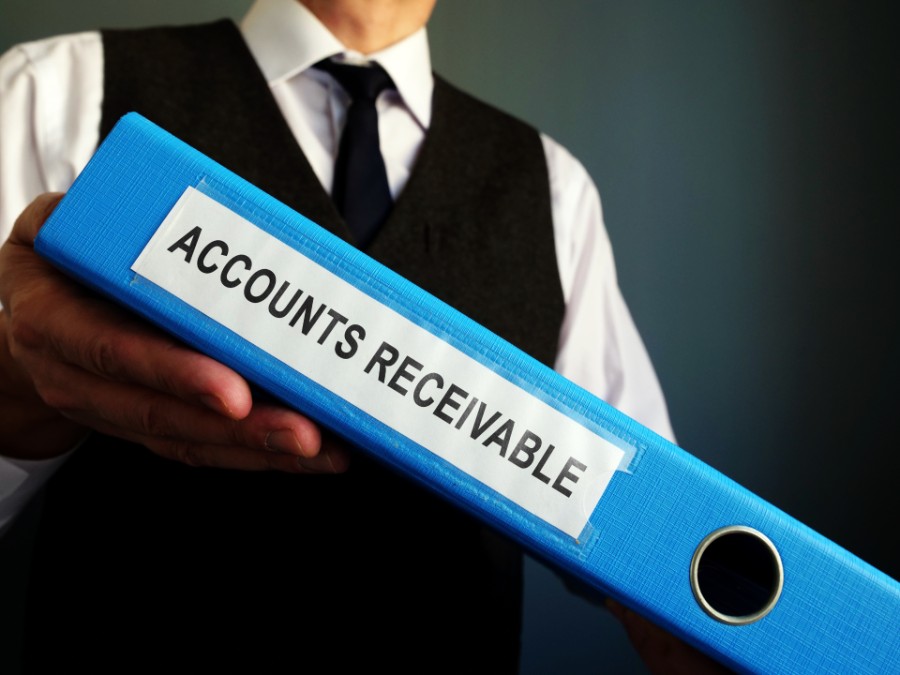A pro forma invoice (also proforma invoice) is a preliminary invoice sent to the buyer before the delivery of goods. It includes all the essential information of an invoice—except that the prices and amounts stated are quoted values only.
It is not a legal contract between the buyer and the seller and is subject to change and the buyer’s approval. The most common use of a pro forma invoice is for the application of a shipping license, which enables the buyer to purchase goods internationally.
Uses of a Pro Forma Invoice
Knowing what a pro forma invoice is and how to use it in transactions can help your business in several ways. Let’s go over each in detail.
1. Getting a Shipping License
The United States Customs and Border Protection (CBP) includes the pro forma invoice, among other things, as one of the entry documents needed for the license; you can learn more about importing requirements through the USA.gov website.
A pro forma invoice is required if a commercial invoice can’t be produced at the time of shipment. It declares the items included in the shipment and the value of the goods shipped. The CBP requires exporters to provide sufficient information in the pro forma invoice to aid in examining, classifying, and appraising the goods.
2. Asking for Buyer’s Approval
Another use of the pro forma invoice is to inform the buyer of the estimated value of the goods ordered. Once sent by the seller, the buyer reviews it and subsequently approves it if the buyer agrees to the terms of the sale.
Information in a Pro Forma Invoice
The proforma invoice contains all the information you would expect in a regular invoice. To summarize, a proforma invoice must have the following information:
- Document title stating “Pro Forma Invoice”
- Invoice number
- Invoice date
- Due date
- Amount due
- Payment terms
- Discounts granted
- Seller’s name, address, and contact number
- Buyer’s name, address, and contact number
- Detailed list of items and descriptions
- Quoted price of the goods
- Estimated shipping and handling fees
- Estimated taxes and import duties
- Estimated amount due
- Tracking numbers
- Pro forma invoice expiration date
Pro Forma Invoice Comparisons
It is easy to mistake a pro forma invoice with other business documents. In this section, we compare the pro forma invoice with three common business documents: commercial invoice, quote, and official receipt.
1. Pro Forma Invoice vs Commercial Invoice
| Similarities | Differences |
|---|---|
| Both contain all essential invoice information. | The document title of a pro forma invoice should state the word “pro forma.” |
| Both may have similar layouts and information fields. | The amounts in pro forma invoices are estimated while the amounts in commercial invoices are final. |
| A pro forma invoice is not an official request for payment. | |
| A pro forma invoice has an expiration date. | |
2. Pro Forma Invoice vs Quote
| Similarities | Differences |
|---|---|
| Both use quoted prices and amounts. | Quotes don’t have payment terms or due dates. |
| Both are subject to the buyer’s approval. | Quotes are merely rough estimates of total costs while pro forma invoices are precise estimates. |
3. Pro Forma Invoice vs Official Receipt
| Similarities | Differences |
|---|---|
| Both aren’t payment requests. | Official receipts document the receipt of the payment for the invoiced amount. |
| Both contain the total amount of goods and services purchased. | Official receipts don’t contain a detailed list of goods and services purchased. |
Frequently Asked Questions (FAQs)
No, as a pro forma invoice is not an official invoice from the seller. You should wait for the sales invoice from the seller before making payments.
No. Since pro forma invoices are created only to establish documentation that a purchase transaction is underway, any information in the pro forma invoice is not legally binding.
Bottom Line
Understanding what a pro forma invoice is, its uses and the information that should be included in it can help you facilitate smooth transactions with clients. Whether you’re the issuing or receiving party, pro forma invoices provide information that’ll help you prepare for the amount due or the expected goods.


